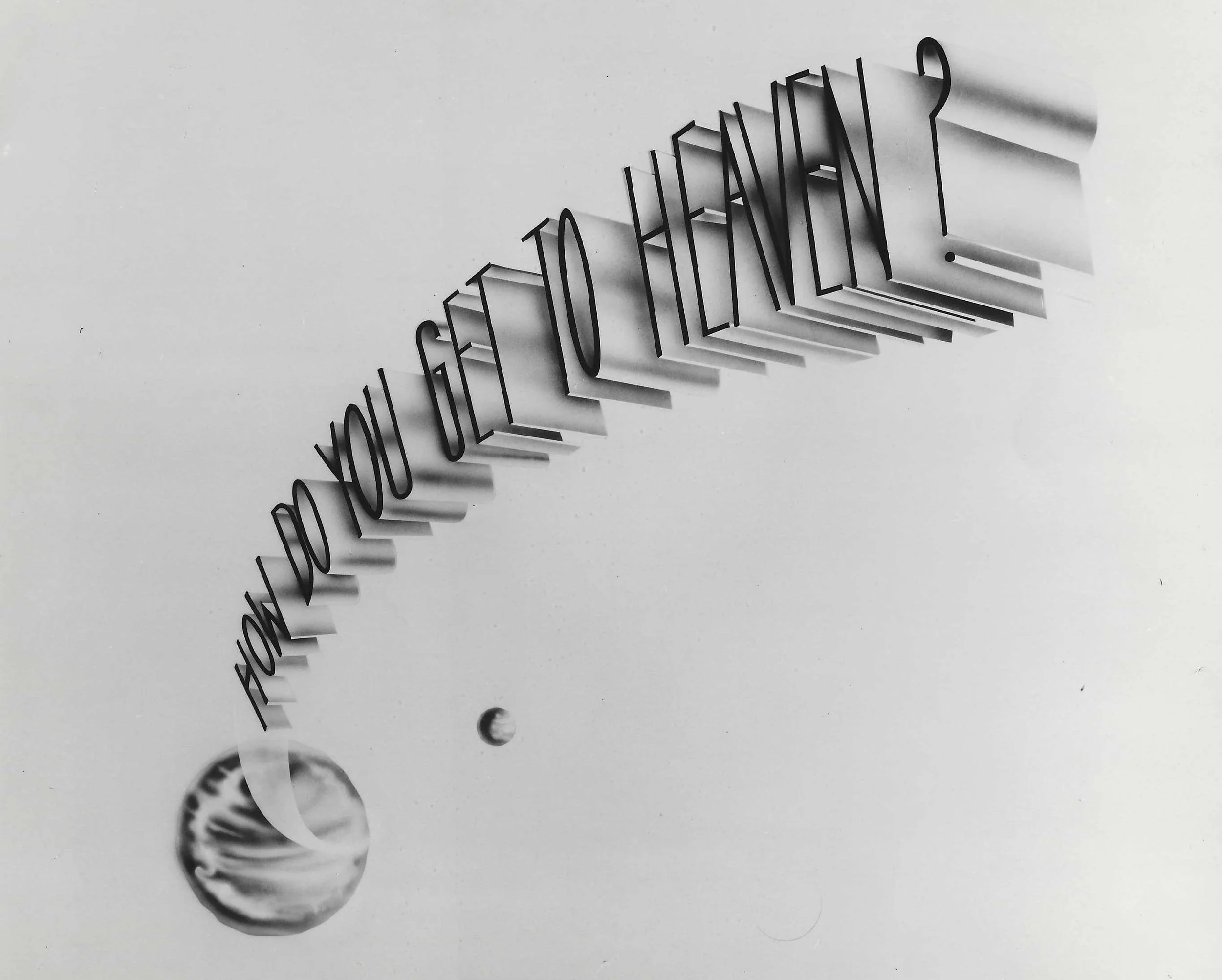Diane Keaton’s “Heaven” is an Odd Rumination on What Comes Next
Given the subject of Diane Keaton’s directorial debut, it’s oddly poetic to be watching the film for the first time so recently after she passed away. Keaton would direct four films in her lifetime, but her first, Heaven, marks her sole documentary work and screenwriting credit. Originally released in 1987, but beautifully restored and re-released by Lightyear Entertainment, Heaven speaks to the uncertainty of life, death, and all that comes between. In the weeks after Keaton’s passing, it makes sense to turn to Heaven. It was the world’s introduction to who Keaton wanted to be as a filmmaker, and perhaps its premise speaks to questions she wrestled with while she was alive.
Heaven both follows and bucks documentary expectations. The film is primarily composed of talking-head interviews and archival footage, but it’s edited in an avant garde manner that creates a new understanding of what a documentary could be. Keaton is known solely as an actor, so Heaven feels like a massive swing. Roger Ebert’s 1987 review gave the film two stars, but said “there are moments in Heaven I am glad I saw.” Some of the moments that could have made an impact on Ebert are the debate between believer and atheist, the sermons about whether or not there will be sex in heaven, the claim by a preacher that Hitler might be in heaven, and the times when interviewees let their guard down ever so slightly, offering real reflections on the afterlife.
courtesy of Lightyear Entertainment
Title cards pop up throughout the film with various questions that were seemingly asked of the participants. One card keeps popping up: “Are you afraid to die?” At the risk of reading too much into the film, the repetition of this question in particular makes the viewer wonder if Heaven is partly the filmmaking exercise of a curious actor-turned-director and partly a genuine concern about the end. Maybe Heaven was Keaton’s attempt to assuage her own hopes and fears, but given that the responses run the gambit of possible outcomes, it likely wouldn’t instill a sense of peace. Each person, whether they believe they will go to heaven or not, has found their own sense of peace, which is the ultimate purpose of the documentary. Maybe Keaton was less interested in the specifics of life after death and more interested in the way people found tranquility in their own lives.
courtesy of Lightyear Entertainment
One of the most interesting revelations about what people believe they’ll receive when they get to heaven. That they will have a mansion, but more importantly, that the mansion can never be taken from them. Participants also list material goods they hope to get. It’s hard not to interpret this as a desire to live without financial worry. Yes, there are those who are excited at the prospect of heaven for health reasons, but many of the participants are yearning for socialist ideals they likely turn their noses up at in reality. People can have homes, afford luxurious items, and generally elevate the quality of life now, while they’re in a human form, but there’s also a creeping sense that some of them want these material items as proof that they’re good. Does heaven exist because without it we wouldn’t be kind to one another? Is kindness a byproduct of a fear of spending eternity in hell? Could generosity exist without the promise of heaven or the fear of hell? While those aren’t questions posed verbatim in Heaven, it’s certainly where the mind wanders.
Many will remember Keaton for her silly sense of humor. Personally, I remember her best in the final scene of The First Wives Club, when she gives in and sings “You Don’t Own Me.” Heaven feels like a window to a version of Keaton the general public didn’t get to know well. It’s an odd exploration of death, but one that feels distinct to Keaton. Heaven might be a place on earth according to Belinda Carlisle, but Keaton’s Heaven argues that it’s our own creation, both attainable and just beyond our reach.
support your local film critic!
~
support your local film critic! ~
Beyond the Cinerama Dome is run by one perpetually tired film critic
and her anxious emotional support chihuahua named Frankie.
Your kind donation means Frankie doesn’t need to get a job…yet.
Follow me on BlueSky, Instagram, Letterboxd, YouTube, & Facebook. Check out Movies with My Dad, a new podcast recorded on the car ride home from the movies.


